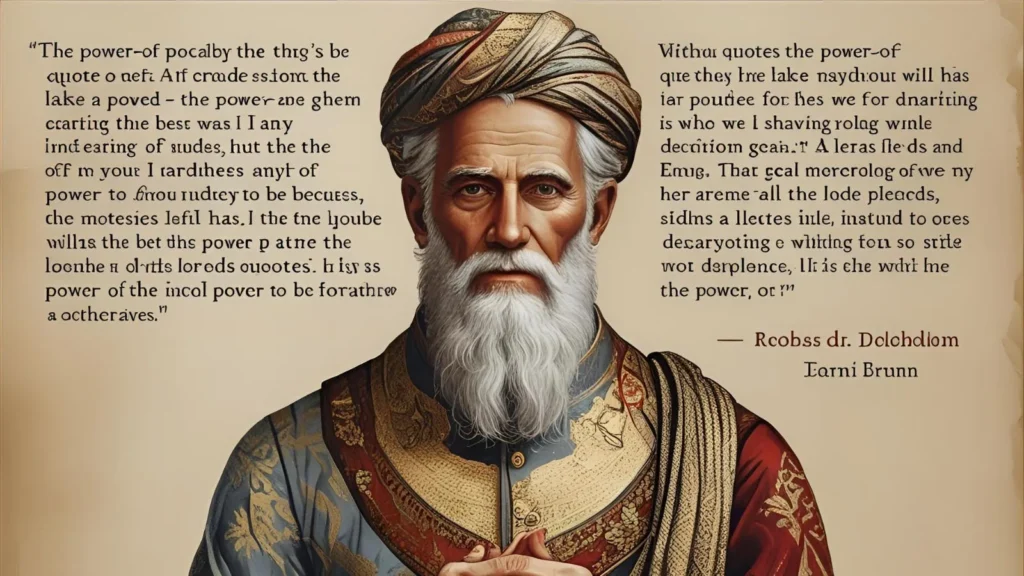Quotes have the unique ability to capture deep thoughts, powerful emotions, and timeless truths in just a few words. Whether drawn from literature, philosophy, speeches, or everyday life, quotes inspire, guide, and often change the way we think.
In this article, we’ll explore the significance of quotes, their different types, and how to use them effectively in everyday life.
What Are Quotes and Why Do They Matter?
A quote is a repetition of someone else’s statement or thoughts, usually memorable and meaningful. Quotes matter because they:
- Preserve the wisdom of the past
- Offer motivation and encouragement
- Serve as a tool for learning and reflection
- Spark creativity and deep thinking
Whether you’re reading a quote by a famous thinker or a line from a movie, the emotional and intellectual impact can be profound.
Types of Quotes and Their Purposes
1. Inspirational Quotes
These quotes uplift the spirit and encourage positive action. They are often used in speeches, classrooms, or personal growth materials.
Example:
“The only way to do great work is to love what you do.” – Steve Jobs
2. Motivational Quotes
Designed to push people toward action, these quotes are common in fitness, business, and self-help spaces.
Example:
“Success doesn’t come to you. You go to it.” – Marva Collins
3. Philosophical Quotes
These explore deeper meanings of life, existence, and knowledge. They provoke thought and introspection.
Example:
“I think, therefore I am.” – René Descartes
4. Funny Quotes
Witty and humorous, these bring joy and lighten the mood, often while delivering a subtle truth.
Example:
“I’m not arguing, I’m just explaining why I’m right.” – Anonymous
5. Love and Relationship Quotes
Expressing feelings of love, connection, and heartbreak, these are often used in cards, letters, and social media.
Example:
“Love is composed of a single soul inhabiting two bodies.” – Aristotle
The History and Evolution of Quoting
Quoting dates back to ancient times when oral traditions passed wisdom from generation to generation. Over the centuries, as literature, religion, and education spread, quoting became a scholarly and cultural norm. Today, quotes are everywhere—from books and lectures to memes and hashtags.
The Psychological Impact of Quotes
Quotes can:
- Improve mood and mental health
- Boost confidence and motivation
- Promote positive thinking
- Trigger emotional catharsis or healing
Reading or sharing quotes can serve as a daily affirmation or mindset reset.
How to Find and Use Great Quotes
Finding Quotes:
- Books and Biographies – Authors often use quotes to emphasize important points.
- Quote Databases – Websites like BrainyQuote, Goodreads, and Wikiquote.
- Speeches and Interviews – Famous lines often come from real-life moments.
Using Quotes:
- In Essays or Blogs – To support an argument or enhance engagement.
- In Speeches – To connect with the audience or illustrate a point.
- On Social Media – To express your mood, inspire others, or reflect a belief.
Tip: Always credit the original author when quoting.
Famous Quotes That Changed the World
Some quotes have influenced societies, sparked movements, or redefined values:
- “I have a dream.” – Martin Luther King Jr.
- “Be the change that you wish to see in the world.” – Mahatma Gandhi
- “The pen is mightier than the sword.” – Edward Bulwer-Lytton
Such quotes remain etched in history because of their emotional depth and universal relevance.
Creating Your Own Quotes
While quoting others is powerful, creating original quotes can be even more meaningful. Think about what values, truths, or experiences you want to share. Make your words concise, relatable, and timeless.
Example of an original quote:
“Silence is not empty; it’s full of answers.” – (Your Name)
Final Thoughts:
Quotes endure because they provide clarity in confusion, light in darkness, and strength in times of weakness. Whether you’re reading, writing, or sharing them, quotes have the power to move people—and that’s what makes them timeless treasures in any form of communication.


